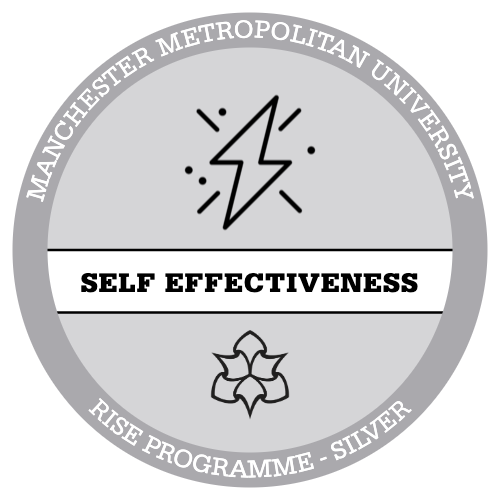 //REWORK THIS
//REWORK THIS
Internal Psychology Research Seminar - 14 May 2025
Hi everyone,
You are invited to attend the next seminar from the Psychology Seminar Series on Wednesday 14 May 2025, 11:00-12:00pm on Microsoft Teams.
To join the seminar remotely on the day, please click here: Join the meeting.
Attendance will be collated at the end of the seminar and RISE points will be allocated accordingly.
This seminar will feature two short talks, followed by discussion and Q&A. Please see below for details:
______________________
Kate Whittenbury, PhD Candidate, School of Psychology
The Effect of Audio-visual Information and Situational Stress on Psychological Responses to Indirect Exposure to Trauma (IET)
Secondary traumatic stress (STS) poses a risk to professionals working with trauma survivors. While individual risk factors for STS have been studied, the influence of acute stress prior to secondary trauma exposure and the mode of exposure (e.g., in-person narrative vs. written testimony) remain under-explored. This study investigated the impact of acute stress and trauma stimulus type on immediate stress and mood changes, and the subsequent development of intrusive thoughts over seven days. Utilising a 2×2 factorial design, 83 participants (62.7% female, mean age 30.89) were randomised into four conditions. Results indicated that participants exposed to a psychosocial stressor exhibited significantly higher stress levels compared to a relaxation control group. However, stress levels post-indirect trauma exposure (IET), immediately following the stressor, did not differ between conditions, regardless of whether the IET was presented via video or text. Interestingly, the relaxation group showed a significant anxiety increase post-IET, reaching similar levels to the stressor group, irrespective of IET medium. This pattern was mirrored in anger scores. No significant differences in intrusive thoughts were observed across groups during the seven-day follow-up period. These findings contribute to understanding the complex interplay of acute stress and exposure type in the immediate aftermath of secondary trauma exposure, informing strategies to mitigate STS in helping professionals.
Dr. Kalum Bodfield, Senior Lecturer, School of Psychology
“The Academic Self-Concept and Why it Matters”?
The academic self-concept is an individuals’ perception of themselves and their abilities in relation to an educational context. It has been linked to better academic outcomes, engagement and happiness in education. It has been known to be influenced by wider factors however ranging from school culture, teacher feedback, neurodiverse traits and attachment experiences. In this talk, I will outline the structure and formation of the academic self-concept and the implications a positive or negative academic self-concept has for students before proceeding to present my own research on the subject and key discussions and areas of contention around the concept.
____________________
Any questions, please contact Danielle Labhardt (d.labhardt@mmu.ac.uk) or Matt Brooks (m.brooks@mmu.ac.uk).
Associated Badges:
In A Nutshell...
- Engage online... on a Wednesday between 11 and 12 on Microsoft Teams
- Find out... about the different types of research being conducted within the School of Psychology
- Learn... what it's like to conduct psychological research
- Gain awareness... of how psychological research can address real world problems
- Ask... questions to the experts within the field
- Network...with other students and researchers
- Earn up to 5 Rise points ... which can be recognised within your degree.
Schedule
-
11:00 to 12:00 on 14/05/25 - Takes place online
Attend an event In this scheduled event you will learn about the different types of research that is being conducted within psychology.







